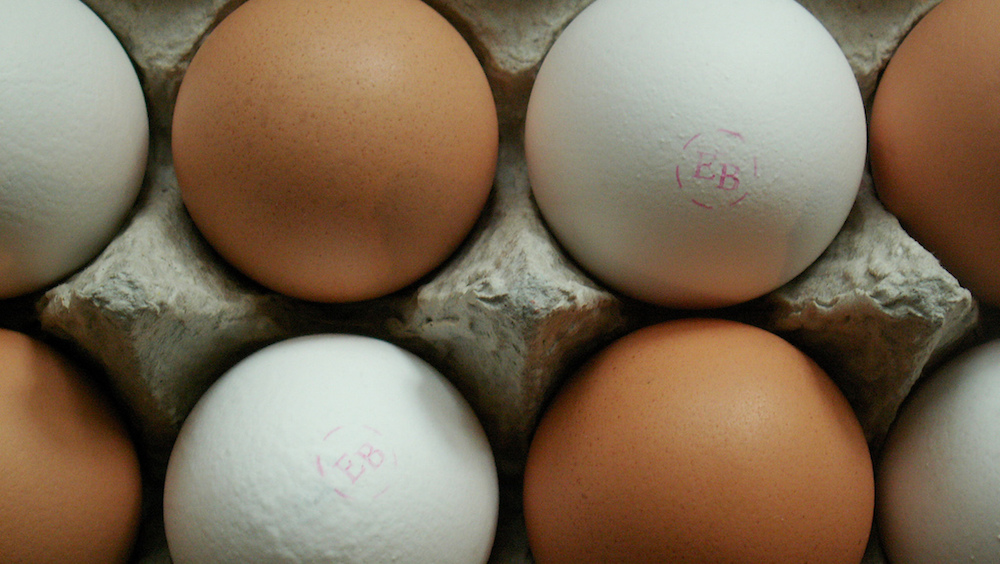Idaho fertility specialist, Dr. Gerald Mortimer, is now among the growing list of male physicians such as Dr. Donald Cline of Indiana, and Canadian physician Dr. Norman Barwin, who allegedly used their own sperm to impregnate their fertility patients.
Discoveries made through DNA testing made available from companies like 23andMe and Ancestry.com led to the allegations against these physicians. Increasing popularity and ease of such at-home DNA testing has also resulted in more and more adults learning they were born with the help of egg or sperm donors. These accidental discoveries are often distressing to donor-conceived children.
Patients who frequently need donor gametes, that is, eggs and sperm, to conceive are women in their 40s, men with severe male factor infertility, and same-sex couples. Gamete donors are often in their 20s and can be someone the intended parent knows such as a friend or family member or someone recruited through an agency or sperm bank.
As a clinical psychologist in the Division of Reproductive Endocrinology and Infertility at Northwestern University, I counsel intended parents considering use of donor gametes and I evaluate known donors. My patients who need donor gametes often report profound feelings of grief and anxiety following the loss of their ability to conceive with their own sperm or eggs. During our sessions together, we discuss the grieving process, decision-making, treatment expectations, how to handle future disclosure to children, and disclosure of a donor’s identity, among other topics.
Medically assisted gamete donation began as a secret starting in the 1880s with not even the mother of a donor-conceived child aware of her pregnancy beginning with the assistance of sperm donation. Sedated for the procedure, the mother was not informed that donor sperm was used to conceive her child.
But just like openness to disclosure has increased with adoption over time, a pronounced trend toward disclosing to donor-conceived children exists. Changes in openness in adoption and donor conception are largely the result of the ease of access to DNA testing as well as activism by those who were distressed by the secrecy. However, while few parents today likely think it ok to lie to adopted children about how they were born, many parents of donor conceived children continue to hide their child’s origins. Failure to disclose conception with these children leaves them with incomplete understanding of their medical history and limits their autonomy by preventing them from knowing their genetic origins.
Parents may not want to tell their children they are donor-conceived for fear that their child will not bond with them or otherwise be distressed yet research does not support this concern. Certainly, in some countries like Iran or Nigeria or even simply among different families, taboos could very well exist around disclosing the use of gamete donation.
Though DNA testing could unexpectedly reveal hidden truths, certainly, children who never learn the truth about their conception with donor gametes are unlikely to experience psychological harm. Yet, parents who keep this secret from their child may not be so fortunate. In my work, I have counseled numerous couples who had difficulty coping with not telling their child about their conception and even experienced marital discord when they disagreed with each other about disclosure. And, I’ve also counseled patients who felt betrayed and were devastated to learn their parents lied to them about their conception.
Regardless of whether or not one believes disclosure of donor conception is the right thing to do, unintended disclosures will continue to occur because of DNA testing, especially as it is so often marketed as an innocuous way to learn about family trees and countries of origin. Yet, it is arguably better for children to learn of their conception in a thoughtful way from their parents rather than through results displayed in an app or online.
Of course, on the flip side of all this, given that identity can be highly discoverable through DNA testing, donors may also soon be less willing to donate, given that donation can no longer be considered truly anonymous. And while donors need to know and understand such potential consequences of donation, the increasing ease of identifying donors could result in a decline in number of available donors. In turn, such a shortage could make it harder for parents in need of donor gametes.
To be sure, if donor availability were to decrease, intended parents could choose to pursue adoption, but adoption can be extremely costly, may take years to complete, and, adoption may not be the right family building path for all intended parents. Although intended parents should have many paths available to them for family building, waiting, especially potentially for long, uncertain months of years due to a decline in donors could be heartbreaking.
And while the death of the concept of anonymity in donor conception could result in higher disclosure-related anxiety in parents and donors, this anxiety must not be an excuse to avoid conversations with children about their conception.
Using donor eggs and/or sperm to build a family may not be anyone’s Plan A, but it is a beautiful path to building a family. If intended parents also see beauty in such a path, then there is no need to shroud the path in secrecy. There is a difference between secrecy and privacy: secrets breed shame and can damage kids and families, but privacy with disclosure can preserve them.


